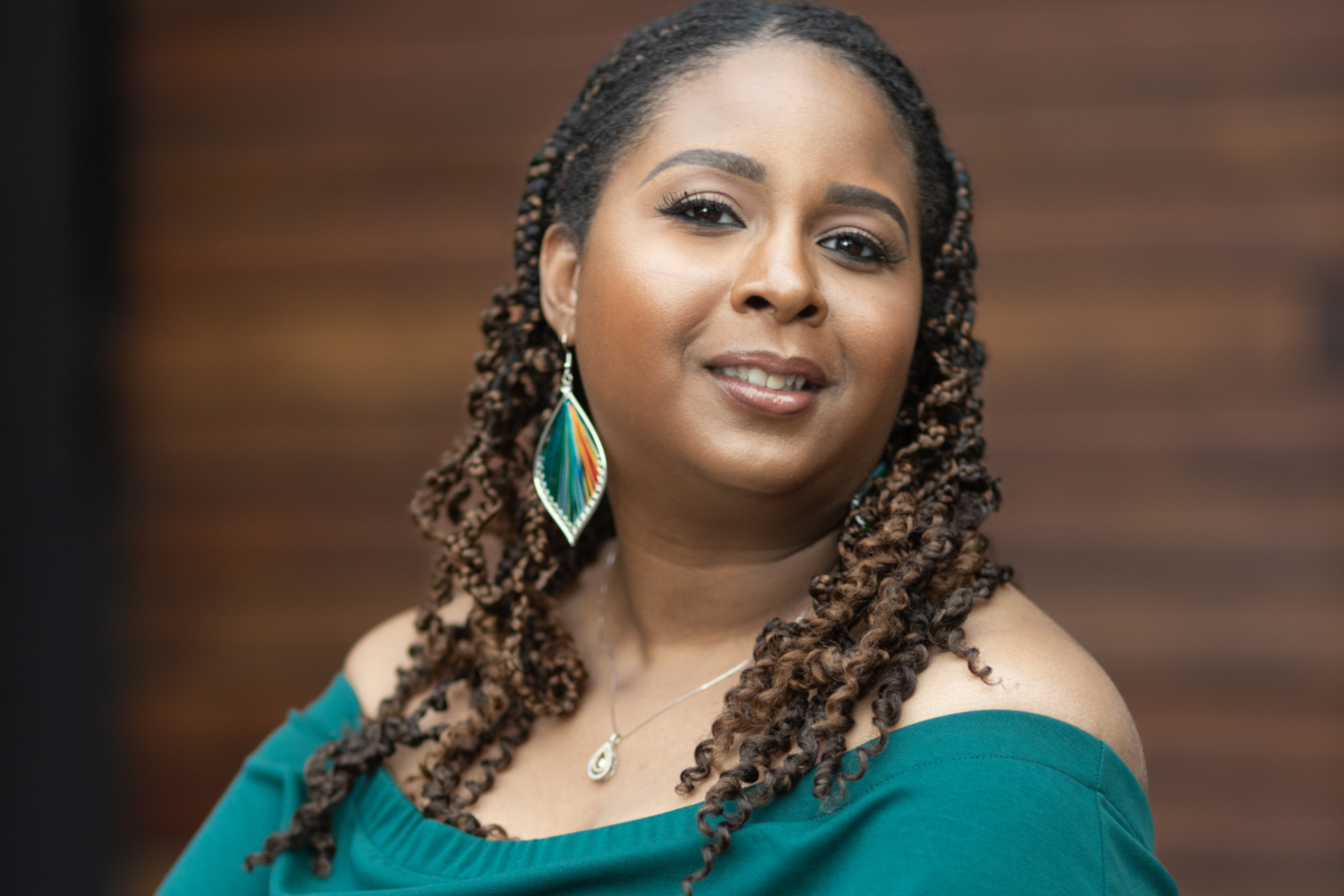
March 25, 2024
Empowering Black Women Social Workers: Navigating Challenges, Building Resilience, And Shaping The Future Of Social Work
Breaking Boundaries Therapist Academy founder Whitney Coleman leads the charge in recognizing, supporting, and elevating Black women social workers.
March is National Social Workers Month, a time to recognize social workers’ tireless efforts and invaluable contributions nationwide.
This year’s theme, “Empowering Social Workers,” resonates deeply with professionals like Whitney Coleman, LICSW, LCSW-C, who tirelessly advocate for better recognition, compensation, and support. As the owner of Jade Clinical Services and the Breaking Boundaries Therapist Academy, based in Washington, D.C., Coleman stands at the forefront of empowering patients, social workers, and, in particular, Black women.
In 2020, the Bureau of Labor Statistics recorded over 715,000 social workers in the United States. By 2030, the field is expected to grow by 12% to 782,00 social workers, making social work one of the fastest-growing professions in the country.
After receiving her undergraduate degree in sociology from the University of Pittsburgh, Bradford, with minors in psychology and international studies, Coleman completed her master of social work degree at the University of South Carolina. She has licenses in four states, plus the District of Columbia. Coleman has successfully navigated the complexities many social workers face regarding compensation, increased professional regard, and recognition.
Coleman shared her experiences with BLACK ENTERPRISE, providing insight into the challenges, opportunities, and rewards of being a social worker.
The Invisible Backbone Of Society
Social workers are pervasive throughout society, but their work often goes unnoticed and unappreciated. Trained to help individuals, families, communities, and even the larger society, social workers work in schools, hospitals, and at the federal, state, and local levels in government, corporations, social service agencies, and veterans centers.
“There are many different types of social workers, but no one knows what we do,” Coleman says.
Social workers are often called in during crises, yet receive little respect or recognition for their vital role. The opioid addiction crisis has hit the United States hard, impacting all races, regions, and economic levels. Homelessness is on the rise. According to the Centers for Disease Control and Prevention, suicide has risen.
Social workers can handle these societal troubles. “We’re the ones you call in an emergency, yet once the crisis ends, we go back to being ignored, and asked to heal others while silently fighting to heal our personal and professional battles,” Coleman says. “I want to change that.”
Navigating Life Transitions, Anxiety, And Trauma
In her practice, Coleman specializes in supporting women, particularly women of color, through life transitions, anxiety, and trauma. “Life transitions, anxiety, and trauma go hand in hand,” she says. “When things in life change, it can cause anxiety, and sometimes these transitions are traumatic.”
Coleman highlights the importance of understanding trauma beyond traditional definitions. “Trauma is different for every person. What might be traumatic for one may not be for another.”
Shedding light on a phenomenon deeply ingrained within the Black community, known as the “Black Superwoman Syndrome,” Coleman describes this concept as “encapsulating the expectation for Black women to epitomize strength, resilience, and independence, often at the expense of their well-being.”
The pressure to take care of others while neglecting personal needs is a central aspect of this syndrome, leading to exhaustion and emotional strain.
“This syndrome dictates that black women should have everything together, appearing strong and composed even when facing internal struggles or challenges,” Coleman says. “As social workers and therapists, we know how damaging this can be.”
Daily life’s relentless demands and societal expectations often leave individuals feeling overwhelmed and unsupported. By acknowledging these experiences, Coleman says, “Black women can navigate personal and professional challenges and reclaim their narratives.”
Empowering Through Education And Support
Despite the challenges, Coleman remains dedicated to empowering social workers, mental health clinicians, and patients. Through her Breaking Boundaries Therapist Academy, she provides BIPOC mental health professionals with the knowledge, tools, and support to build prosperous private practices.
“Empowerment begins with acknowledging our worth and advocating for change,” Coleman says. “Together, we can create a brighter future for social workers and the communities we (social workers) serve. When we do this, it positively impacts everyone.”
By addressing systemic challenges and providing support and education, Coleman is paving the way for a more equitable and empowered future in the social work field.
RELATED CONTENT: Entrepreneur and Clinical Social Worker Chardé Hollins Launches $50K Media Campaign To Address Black Male Suicide and Mental Health